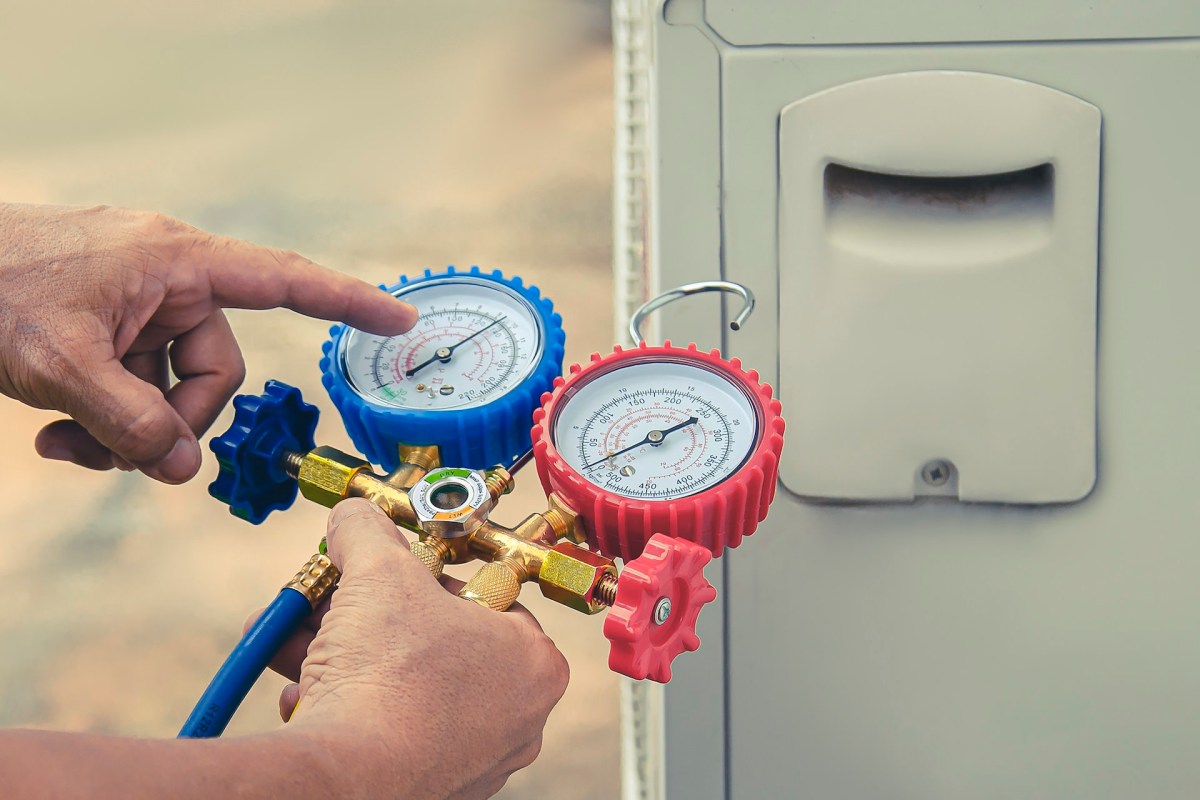A breakthrough from the Eindhoven University of Technology in the Netherlands could help store sweltering heat from summer for use during frigid winter months.
The secret, surprisingly, is water vapor and salt. If testing continues to go well, the researchers feel the innovative "heat battery" could provide warmth and hot water to single homes, and even entire blocks, cheaply and efficiently using renewable energy and sustainable ingredients.
It works by using stabilized salt hydrates — not the kind of sodium provided by Morton — to store and release heat in a chemistry process that includes common water.
"When these components are brought together, the water binds to the salt, creating new salt crystals. This process releases heat," the researchers explain on the university's website.
The process is reversible, which is a mandatory condition for the whole concept to work.
"By bringing heat back into the system [from a solar heat collector, for instance] water and salt are separated. As long as water and salt are separate, energy is stored without loss. Once you bring the two back together again, the stored heat will again be released. The heat battery is stable, works without loss of energy, and will last at least 20 years if used correctly," per the researchers' explanation.
A university video clip shows a home outfitted with one of the units. A heat collection unit, presumably capturing energy from the sun, is mounted on the roof. The main part of the system is on the home's ground floor and resembles hardware that is already a part of most home heating systems.
A ventilator, condenser, and heat exchanger are in the contraption. The unit directs traffic — the flow of hot and cold, humid and dry air — so the salt chemistry inside stores and releases heat energy as needed.
Lian Blijlevens recently presented her doctoral thesis at the Netherlands' Radboud University on research into salt, water, and energy storage. Per ScienceDaily, she said that a couple "wardrobes" worth of "material" could heat a house. A unit about the size of a refrigerator, per the report on Eindhoven's website, could provide hot showers for a typical family for two weeks.
The clip states that this system "delivers a heat battery that is cheaper than current electric batteries."
Blijlevens and her colleagues want to make sure the system is recyclable. About a dozen salts made it through advanced testing in regard to reuse. Strontium chloride is an inexpensive candidate that is stable and performs well, per the researchers.
"You don't want to have to replace the salt every year," Blijlevens said, per ScienceDaily.
Other types of salt batteries are already being researched elsewhere, with some geared to power electric vehicles.
It's part of innovations that could soon transform the way we use energy in our homes and for travel, with the goal of being more efficient and cost-effective.
Fascinatingly, the biggest breakthrough yet may include elements that are as common as it gets in water and salt. Experts expect homes in cities around Europe to begin testing the heat batteries within two years.
"You no longer need natural gas and you can use the heat you store in summer in winter. It's a great solution to a major problem," Blijlevens said in the ScienceDaily story.
Join our free newsletter for weekly updates on the coolest innovations improving our lives and saving our planet.









